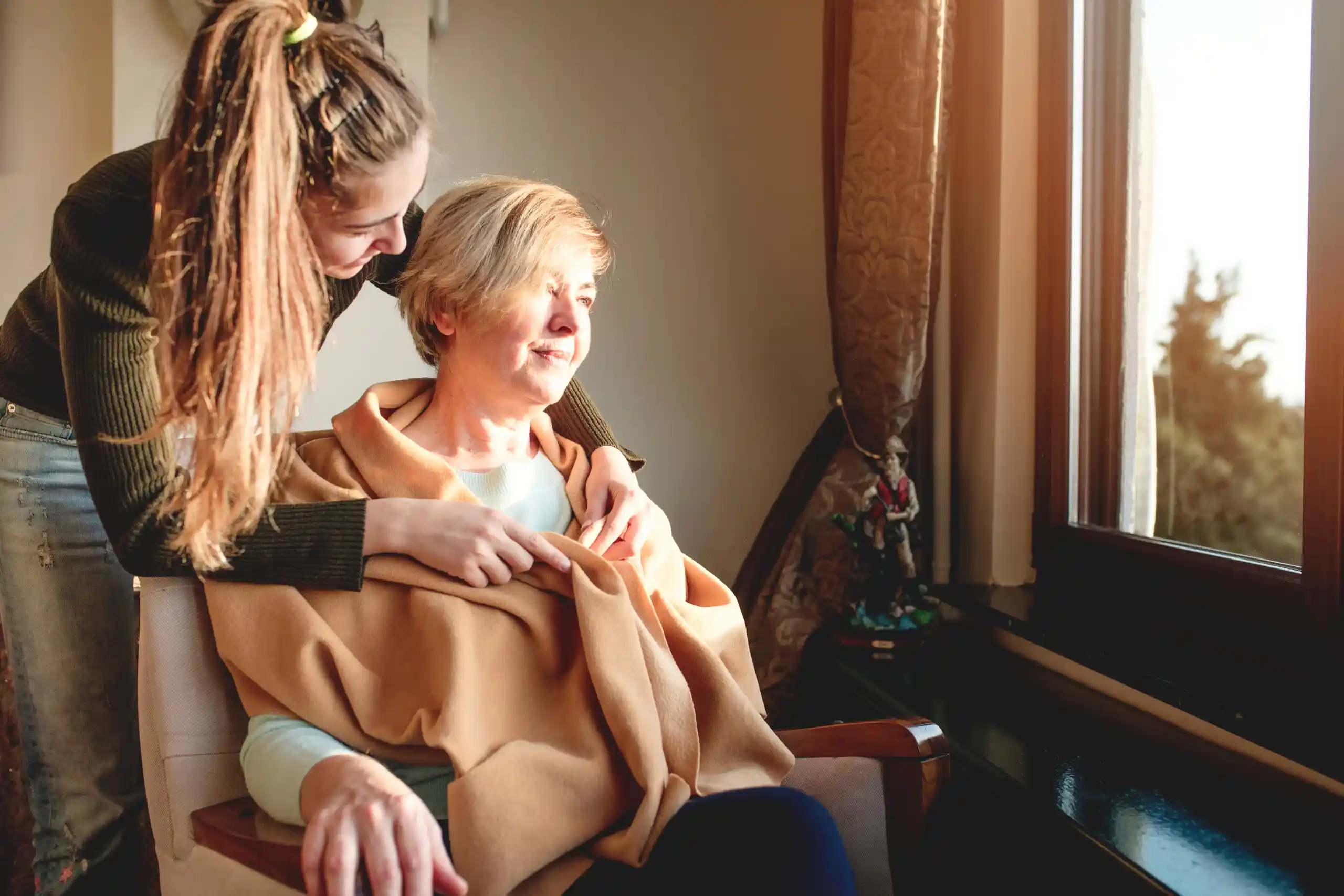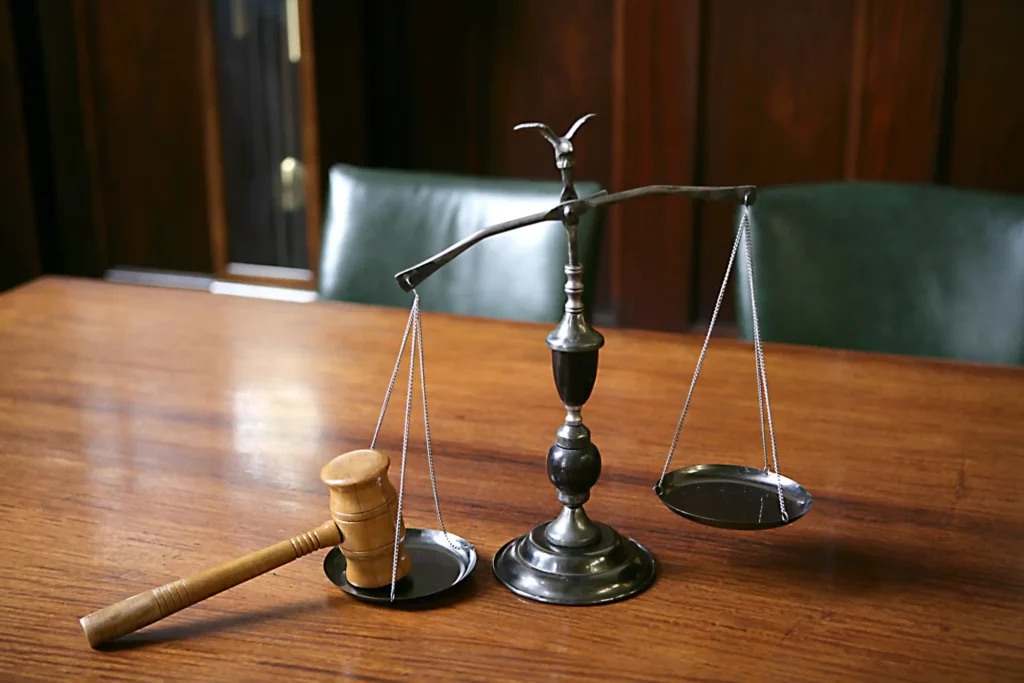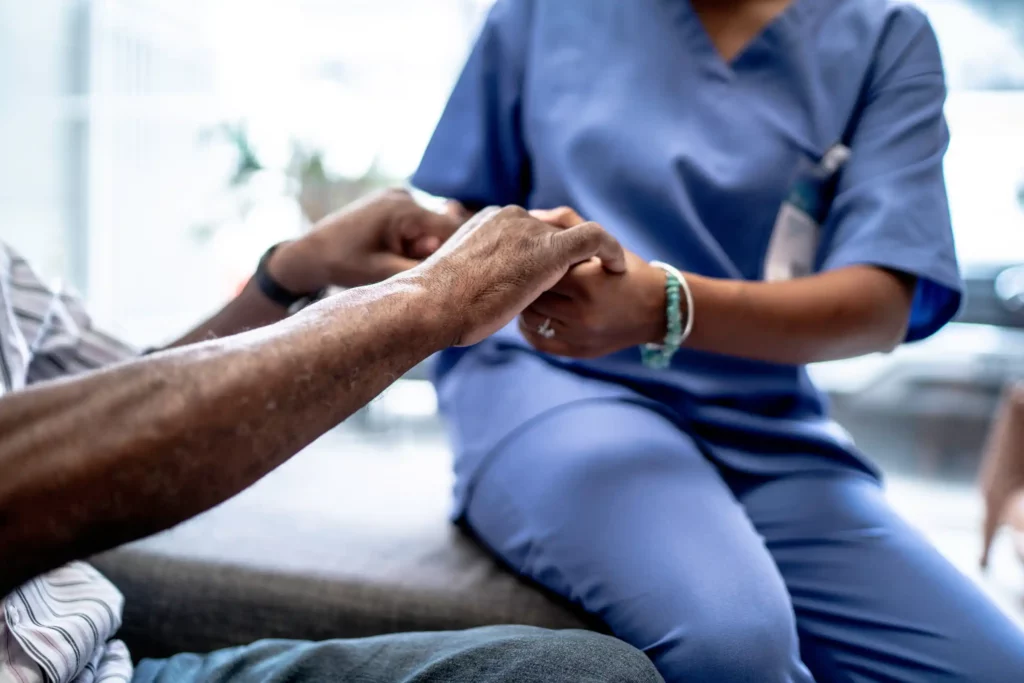When you find out that your family member has suffered abuse in a nursing home, it can leave you feeling helpless and betrayed. The place you trusted to care for your loved one has instead caused them immense harm. However, your loved one has rights, and you don’t have to handle this tragic situation alone. Hire a Summerville nursing home abuse attorney to help with your loved one’s abuse or neglect claim.
At Murphy Crantford Meehan, we know how important it is to act swiftly and decisively when nursing home abuse occurs. Our Summerville nursing home abuse lawyers can help you fight for justice on your family member’s behalf. Hiring a specialized law firm with extensive experience in handling nursing home abuse cases can provide significant benefits, including expert legal representation and a thorough understanding of the complexities involved. We can investigate the abuse, gather evidence, and build a strong case to hold the responsible parties accountable. Meanwhile, let us stand by your side, providing the legal support and guidance you need to protect your family member’s rights and well-being. Call our Summerville personal injury lawyers today or complete our contact page for a free consultation.
Knowing some common signs of nursing home abuse and neglect can help you recognize what’s happening more quickly and take swift action to protect your family members. Here are some things to watch out for:


This involves stealing a resident’s money, manipulating them into changing their will, or making unauthorized use of their finances.
Failing to provide necessary care, such as food, water, medication, or assistance with personal hygiene, constitutes neglect.
Nursing home abuse and neglect can take many forms and types, and it’s vital to understand the different categories so you can recognize when someone in your family may be a victim. Abuse can also occur in an assisted living facility, making it important to recognize the signs in these environments as well.
This involves causing physical harm to a resident through actions like hitting, pushing, or improper use of restraints.
This includes yelling, insulting, or threatening a resident, which can cause emotional distress and fear.
This type of abuse includes isolating residents, belittling them, or causing them mental anguish through manipulation or intimidation.
Any non-consensual sexual contact with a resident falls into this category and is a severe violation of their rights and safety.
Contact us now
(843) 376-4030
Tractor Trailer collision
Boating Accident
Tractor Trailer collision
Single Car Collision
Premise Liability Case (Fall from broken chair)
When a family member suffers abuse in a nursing home, it’s essential to identify who is responsible to hold them accountable. Depending on the circumstances of the abuse, several parties can be liable in these cases, including:
Nursing home residents who experience abuse or neglect can either contact the state’s Long Term Care Ombudsman Program or have a family member do so on their behalf. Residents or their families can call 1-800-868-9095 to report suspected abuse or make a report online. Additionally, residents who suspect they are in immediate danger or their families can also contact local law enforcement to report abuse or neglect.
After notifying the authorities about suspected abuse or neglect at a nursing home, the next step is to contact a nursing home abuse lawyer in Summerville immediately. They can help victims of abuse or neglect take legal action to protect their rights and hold the facility accountable.




In South Carolina, the statute of limitations allows an injured person three years from the date they sustain an injury to file a lawsuit against the person or facility that harmed them. In cases involving wrongful death, the three-year countdown starts on the date someone dies. However, injuries from nursing home abuse or neglect are not always immediately apparent. In these cases, the Discovery Rule may apply. This rule says that the deadline to file a lawsuit is three years from when you discover or reasonably should have discovered injuries. The Discovery Rule can give you more time to file a lawsuit. But, it’s still essential to contact an attorney immediately to avoid potential deadline issues that could derail your case.


Well-Respected





"*" indicates required fields

Murphy Crantford Meehan – striving to get justice for Our clients. we believe in a good and honest fight, and we will not stop at anything.